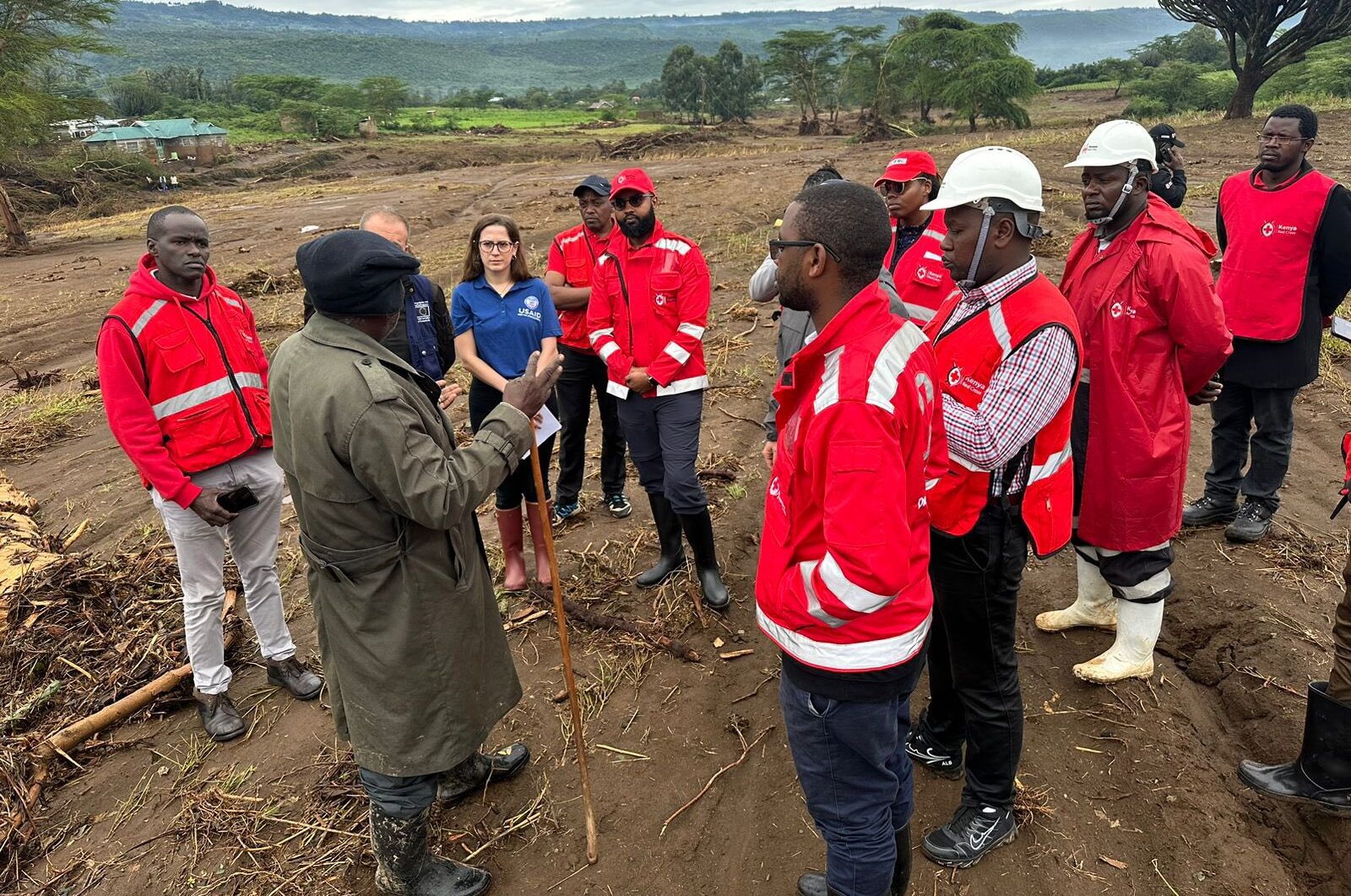Dr. Idris Ahmed, Secretary-General of the Kenya Red Cross, has expressed concern over industrialized economies’ lack of support for developing countries in reducing the effects of climate change.
The Kenya Red Cross official on Wednesday stated that Kenya’s harsh weather conditions are a product of climate change, which industrialized nations have greatly exacerbated.
He criticized the top economies’ inadequate help for developing countries, who bore the brunt of climate-related disasters such as floods and droughts.
According to Ahmed, developing countries require up to $300 billion per year to adapt to and mitigate the effects of climate change, with Kenya alone needing Ksh.65 billion by 2030.
“The fiscal liabilities these disasters are imposing on our economy are up to 5% of GDP per year, which means we are reversing growth opportunities,” the Red Cross secretary-general told Citizen TV’s Daybreak show.
“We’re paying for something we didn’t cause. The developed countries are not serious enough to put money on the table to assist underdeveloped countries in making substantial adjustments.”
Ahmed stated that wealthy countries’ 2009 pledge of $100 billion per year to developing countries has yet to be met.
“$100 billion was promised in recent years, but nothing has been put on the table. According to Ahmed, the global lack of adaptation funds is up to ten times that of developing countries.
There is a major ethical concern regarding why poor communities like Tana River and Baringo should bear the consequences of the rich world’s indiscipline.”
According to government numbers released on Tuesday, at least 238 people have perished as a result of torrential rains and flooding across most of Kenya since March.
Seventy-five additional persons have been reported missing, and the floods have affected 47,000 families across the country.
At the 15th Conference of Parties (COP15) of the United Nations Framework Convention on Climate Change (UNFCCC) in Copenhagen in 2009, wealthier countries committed to send $100 billion per year to poorer countries affected by rising climate change-related disasters beginning in 2020.
Rich countries at the time committed to deliver the sum by 2020, but that deadline was never realized.
According to an OECD report from November 2023, the aim was met in 2022.
The OECD has previously expressed worry that this funding may fail to mobilize the significant private money required to close the climate investment.
The majority of the money has come from public sources, with loans accounting for a significant portion.
A World Bank assessment released last year warned that if Kenya does not take substantial steps to adapt to and mitigate the effects of climate change, it might lose up to 7.25 percent of its GDP by 2050.
Also Read; Sakaja Prays For Nairobians Amid Floods Crisis

